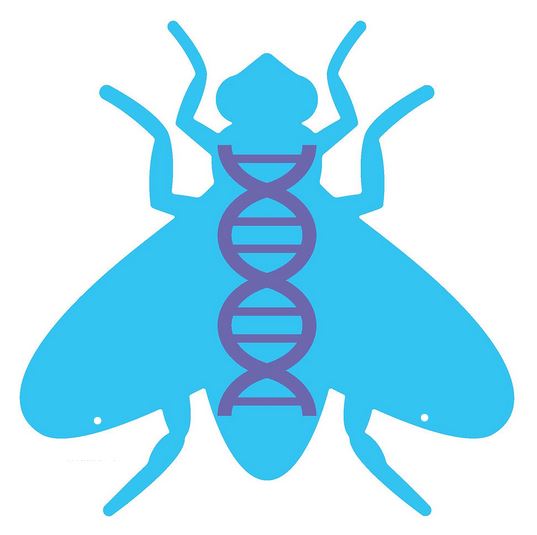Note4Students
From UPSC perspective, the following things are important :
Prelims level: GM Insects
Mains level: Read the attached story

Central Idea
- In April 2023, the Department of Biotechnology (DBT) issued the ‘Guidelines for Genetically Engineered (GE) Insects’.
- The guidelines note that GE insects are becoming globally available and are intended to help Indian researchers navigate regulatory requirements.
- However, the guidelines don’t specify the purposes for which GE insects may be approved in India or how the DBT, as a promoter of biotechnology, envisions their use.
Genetically Modified Insects (GE Insects)
- A genetically modified insect is any insect whose genetic material has been altered using genetic engineering techniques.
- GE insects offer multiple benefits, such as reducing disease burden, ensuring food security, and conserving the environment.
- India’s bioeconomy contribution is expected to reach 5% of GDP by 2030, and GE insects play a crucial role in achieving this goal.
- GE insects find applications in vector management, crop pest control, healthcare product production, and genetic improvement of beneficial insects.
Guidelines for GM Insects
- Nodal Agency: The Department of Biotechnology (DBT) under the Ministry of Science and Technology (MoST) is the nodal agency and promoter of biotechnology in India.
- Purpose: The Guidelines provide procedural roadmaps for those interested in creating GE insects.
- Harmonization: The guidelines have been harmonized with guidance from the World Health Organization on GE mosquitoes, emphasizing their potential applications in disease control.
Why discuss this?
- India’s bioeconomy, currently contributing 2.6% to the GDP, aspires to reach 5% by 2030, requiring substantial investment and supportive policies.
- However, the Department of Biotechnology (DBT) faces challenges in both funding and policy alignment with these goals.
Challenges in Biotechnology Funding
- Stagnating Funding: Biotechnology funding in India has stagnated, with no return to pre-pandemic levels. The current allocation stands at a mere 0.0001% of India’s GDP, insufficient to drive meaningful growth.
- Impact on Pandemic Preparedness: Inadequate funding hampers pandemic preparedness efforts, undermining national interests and health security.
- Lack of Private Investment: Attracting private investment for biotechnology research and development is challenging and necessitates enhanced funding efforts.
Policies for a Thriving Bioeconomy
Guidelines for Genetically Engineered (GE) Insects: In April 2023, the DBT released guidelines for GE insects, offering procedural guidance but revealing three key issues.
(1) Uncertainty of Purpose
- The guidelines lack clarity regarding the purposes for which GE insects may be approved in India, hindering alignment with the broader bioeconomy commitment.
- Emphasis is placed on improving disease management, food security, and environmental conservation, but the economic potential of GE insects is underemphasized.
(2) Uncertainty for Researchers
- The guidelines only apply to research and not confined trials or deployment, limiting researchers’ options.
- Deployment of GE insects requires community engagement and monitoring due to potential environmental impacts, but criteria for approval remain unclear.
- The absence of clarity on government support for specific insect applications discourages research investment.
(3) Uncertainty of Ambit
- Ambiguity surrounds the definition of ‘beneficial’ GE insects, creating uncertainty among funders and scientists.
- Lack of precise guidelines inhibits progress, particularly in a country with limited public and private funding.
- Inadequate consideration of potential misuse or unintended consequences adds to the uncertainty.
Way forward
- To achieve the ambitious bioeconomy goals set out in the Bioeconomy 2022 report, India must address challenges in biotechnology funding and policy alignment.
- Increased funding, private sector engagement, and clear, supportive policies are essential.
- The guidelines for GE insects should reflect economic opportunities and research priorities, fostering a thriving bioeconomy that benefits India’s society, economy, and environment.
Get an IAS/IPS ranker as your 1: 1 personal mentor for UPSC 2024
